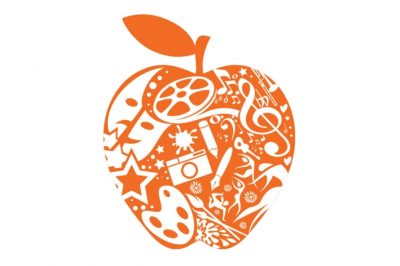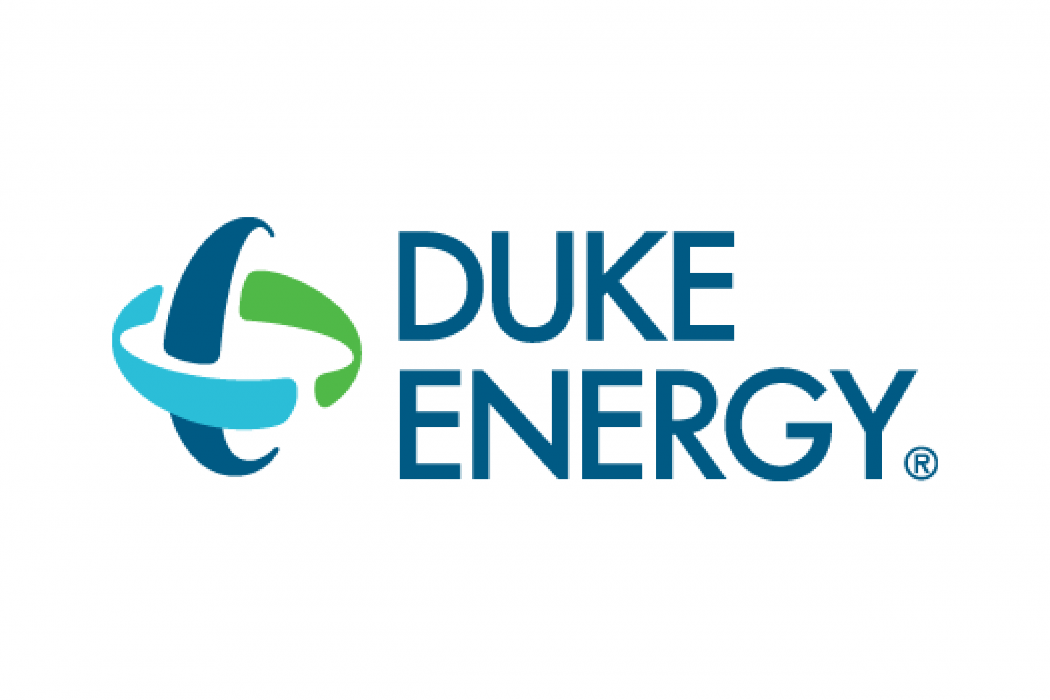Arts Education Grant

COCA’s Arts Education Grant aims to remove financial barriers for arts educators to access resources and arts experiences, classroom materials and equipment, and arts-specific professional development opportunities for their continuing education.
This grant supports creative instructional approaches by funding arts related projects not supported by school budgets. This program is not intended to supplant other funding sources. Its purpose is to support arts teachers who have innovative ideas for enhancing their curriculum or allowing students access to supplemental learning experiences in and through the arts.
Arts Education Grant Program
FY24 COCA Arts Education Grant
Application Period: August 28, 2023 – October 8, 2023
Are you a K-12 arts teacher from a public school or an accredited private school who:
• Teaches during the traditional school day?
• Focuses primarily on the instruction of dance, drama/theater, film/media arts, music, visual art?
• Is located within Tallahassee/Leon County?
• Is directly involved with the proposed project and agrees to act as the responsible party and primary contact person?
• Complies with all applicable federal, state, and local laws and ordinances, including but not limited to those that bar discrimination on the basis of race, ethnicity, national origin, gender, age, or disabilities?
YOU’RE ELIGIBLE!
Educators who teach primarily non-arts subject matter and/or those who teach outside of the Tallahassee/Leon County area, outside of the K-12 school day, including after-school programs held at schools are not eligible for this grant.
• All funded projects must be completed in accordance with COCA’s Arts Education Grant guidelines and state laws, regulations and procedures.
• Grantees must display the COCA Art Education Grant Certificate in a prominent location in their classroom.
• Funded proposals may require revisions to the project, its timeline, components and/or expenditures. If significant revisions are required, grantees are required to submit an amendment form.
• Grantees are expected to complete and submit a final report (Deadline: August 31) when the project concludes. This report must include a financial overview, a description of the project, how it benefited students and the teacher, and artifacts.
• Unused funds must be returned to COCA at the end of the year for which the grant was awarded.
• COCA reserves the right to share all projects, concepts, artwork, photos, videos and other products of these grants with the media and individuals who desire to create similar projects in their own schools or communities.
The maximum grant award is $500. Only one grant will be awarded per individual per year. The total available funds for the 2023 – 2024 school year is $8,000.
August 1, 2023 – July 31, 2024
(Grantees must use grant funds during the grant cycle for proposal-related expenses.)
Timeline for the 2023 – 2024 grant cycle:
• Application Deadline: October 8, 2023 at 11:59 pm
• Grants Awards Announced: November 15, 2023
• Grants Payable to Schools: November 17, 2023
• Activities must take place between August 1, 2023 – July 31, 2024 (grant funds must be used during the grant cycle either for proposal-related expenses or reimbursement for proposal-related expenses)
• Grant Report Deadline: August 31, 2024. If this report is not submitted by the deadline, the grantee will no longer be eligible for this funding opportunity.
A committee consisting of COCA volunteers knowledgeable in arts education reviews all grant applications. Neither the identity of the teacher nor the school will be revealed to the grant review panelists.
Applications will be judged on the following criteria:
• Potential to improve student achievement in the arts;
• Number of students who will benefit;
• Creativity of project or innovative approach;
Potential for sustainability and/or replication;
• Cost effectiveness and realistic budget;
• Potential to enhance instructional skills; and
Description of objectives that can be easily evaluated
PLEASE NOTE: There is no need to tie projects to non-arts subject areas. Grant application review panelists will not give any extra points or special consideration for applications that do so.
For the FY24 Arts Education Grant, applicants will be asked if their project relates to Tallahassee’s Bicentennial Celebration in 2024. While it’s not required, Bicentennial projects may be given priority.
A line-item budget must be included in the application. COCA’s volunteer grant panel may recommend funding at less than 100% of the proposed budget.
Allowable proposal-related items that funds may pay for include, but are not limited to:
• Arts related supplies, equipment, materials, instruments, costumes, props, etc.
•Stipend/honorarium for presenting organizations/teaching artists/guest speakers
• Educational field trips, transportation costs, and admission fees
• Professional development opportunities specific to the arts, including travel and hotel costs
We cannot pay for:
• Religious activities or teachings
• Projects that are not arts related or projects that are primarily recreational, social, or social service in nature
• Equipment that is not an integral part of the project (food, prizes, tips, etc)
The online application will gather information about the applicant and the school. The applicant will be asked to describe the project by providing the following information:
• Project focus area (dance, drama/theater, film/media arts, music, or visual art)
PLEASE NOTE: There is no need to tie projects to non-arts subject areas. Review panelists will not give any extra points or special consideration for applications that do so.
• Brief project overview
• Goal(s) of the project: What is your overall goal for this project? What is needed to accomplish it? Describe the students served by your project. How will it improve/enhance existing school arts curriculum and programs?
• Objectives and project description: What will you do and how will you do it? Can the project be continued and/or replicated? If so, how? How will the project improve student achievement in the arts and/or teaching skills/instructional techniques?
• Grade levels involved
• Number of students who will benefit
• Number of teachers directly involved
•Timeline: Include a schedule of activities and any plans to continue the project after the grant period ends, if applicable.
• Evaluation: How will you determine if this project is successful? Describe assessment methods. How will the school district, administrators, teachers, students and parents learn about the results of your project?
• Project budget: total amount requested and an itemized budget of all project costs. List any other sources of funding (PTA, donors, other grant awards, etc.)
• Other support: Including any non-funding partners involved in this project (other schools, non-profit organizations, businesses or individuals, providers of in-kind services/materials) and their involvement.
We’re here! If you have any questions or concerns, please contact Sahara Lyon, Arts Education Manager, at sahara@tallahasseearts.org, or Summer Callahan, Grants Manager, at summer@tallahasseearts.org.
Special Thanks

Previous funding for this program in 2022 came from a $5,000 Duke Energy Foundation Powerful Communities grant. The Duke Energy Foundation’s Powerful Communities program makes strategic investments to build powerful communities where our natural resources thrive, students can excel and a talented workforce drives economic prosperity for all. The Foundation annually funds more than $30 million to communities throughout Duke Energy’s seven-state service area.
COCA encourages applicants and grantees to send note of appreciation to:
Duke Energy Florida
Attn: Loretta Murray, Foundation
299 1st Ave. N., FL-163
St. Petersburg, FL 33701
The Duke Energy Foundation provides philanthropic support to meet the needs of communities where Duke Energy customers live and work. The foundation contributes more than $30 million annually in charitable gifts, and is funded by Duke Energy shareholder dollars. More information about the foundation and its Powerful Communities program can be found at duke-energy.com/foundation.
